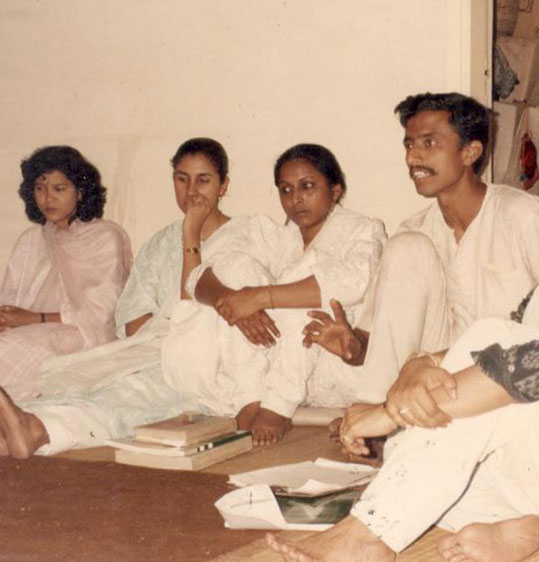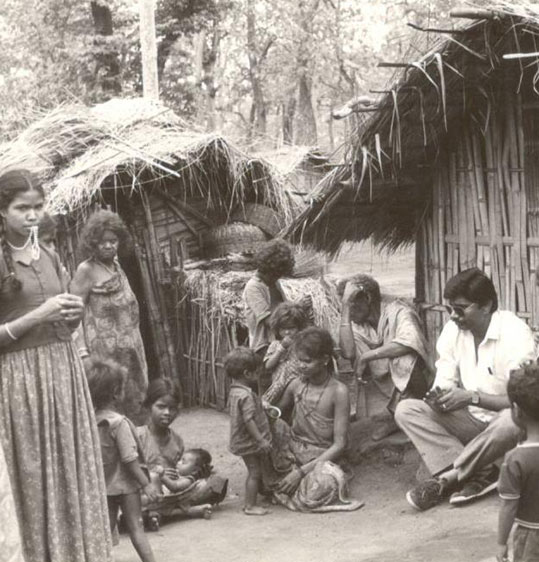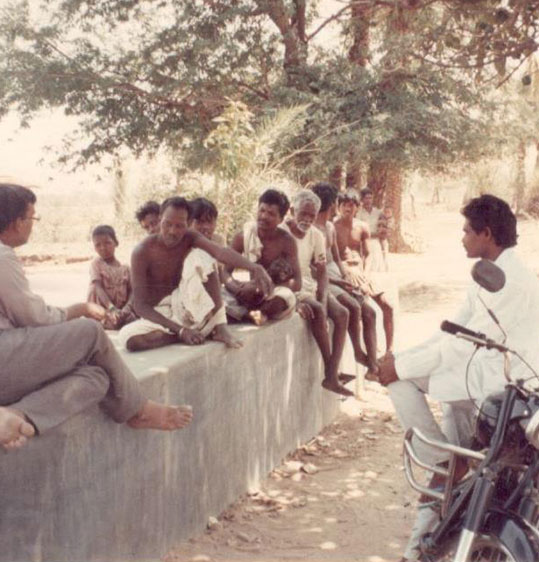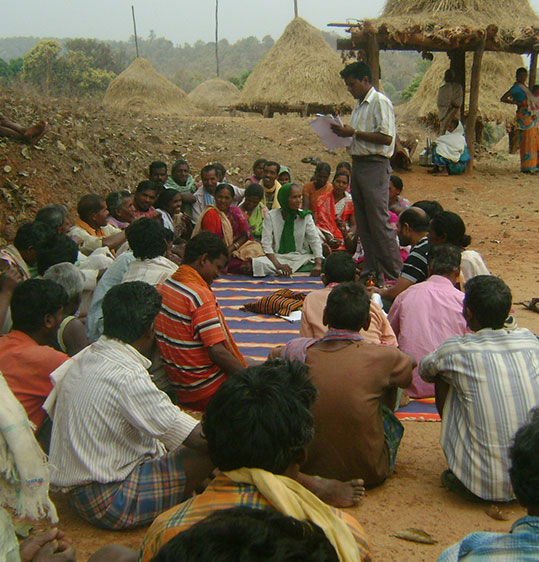
History
SRUTI began its journey in 1983 with the purpose of supporting individuals at the grassroots who had a burning desire and passion to contribute to social change and work amidst the deprived and exploited sections of society. Its vision was to invest in the idealism, energy and commitment of these young development workers and assist them in the initial stage of their work.
A philosophy that emerged from the Ashoka Foundation, SRUTI was inspired by the idea of investing in the hope, enthusiasm and ideas of individuals dedicated to achieving a more equitable and democratic society. By providing support at the crucial early phase of their journey, SRUTI hoped to help strengthen their roots and eventually move forward to help other similar individuals who needed this timely sustenance.
With this thought SRUTI began its journey. While the Ashoka Foundation supported social entrepreneurs through a fellowship Programme, there was no such initiative for individual activists at the grassroots. The government only funded registered organisations that also had to furnish financial records for a minimum of three years.
Additionally, for ideological as well as practical reasons many grassroots activists in India were committed to accepting monetary assistance only from Indian sources. The founding members of SRUTI noticed this conspicuous gap in the development sector funding structure almost 40 years ago.
In retrospect, the journey of 38 years of SRUTI can be viewed in five broad phases.
The earliest phase saw small monthly stipends of Rs. 500-800 going out to a few independent grassroots workers. Some of first few fellows at this time were VB Chandrasekharan, who was working against large scale displacement of the tribal population due to construction of the Polavaram dam on Godavari river in Andhra Pradesh and Khemraj who was working with bonded labour in Chittorgarh, Rajasthan. The idea was to provide financial support at the very beginning of their protracted and difficult journey in order to reduce their overall financial anxieties and help focus on their social work. SRUTI had one donor at this point, Oxfam Novib, which was later followed by the Ford Foundation and fellowship expenses were met through individual contributions from professionals who would donate Rs. 100 every month.


The subsequent phase saw the challenges that emerged as a result of the Government’s recognition and decision to involve NGOs in its development initiatives in the 7th Five Year Plan (1985-90). This was a time of rapid change in the development sector landscape that witnessed many NGOs come into existence overnight. Funds were much more accessible now but coupled with the inability of organisations to absorb and utilize them optimally, social sector dynamics took a turn for the worse putting collective efforts at risk. Policies required strengthening and a re-examination of SRUTI’s course was the need of the hour.
The third phase saw some fundamental changes in the functioning of the organisation. SRUTI began to prioritise groups that had a mobilization and membership-based approach. Groups such as Sarvahara Jan Andolan and Kashtkari Sangathan were key participants in this effort. The period also saw a shift in SRUTI’s funding process where the organisation was supporting more than one person from a sangathan as well as covering group expenses such as rent and travel.
The result was an evolved fundraising strategy which included a corpus development plan initiated during this time. Opportune assistance for the corpus fund was received from Sir Dorabji Tata Trust and Sir Ratan Tata Trust and equally matched by SRUTI. A sense of security was achieved for the Fellowship Programme and SRUTI was able to launch various livelihood projects through revolving funds.
As a result of this expansion, there was a need to make the Fellowship Program qualitatively stronger in the following phase. Though the organisation saw the birth of many promising advocacy and research related initiatives at this juncture, the challenges that surfaced were just as many.
The next and current fifth phase is therefore a critical one for the organisation. Much has been learnt from past experiences. Tremendous changes in the development sector brought about by the global scenario and economic realities have presented very new challenges for SRUTI.


